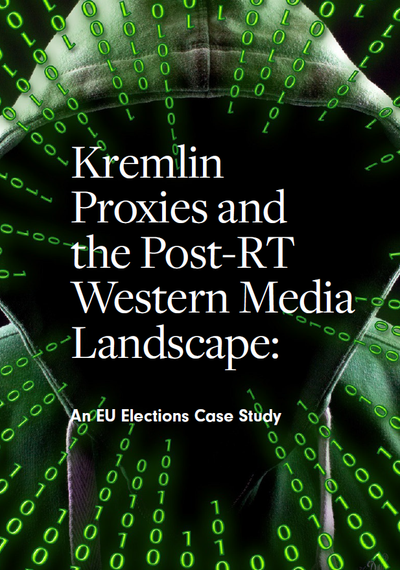Maria Zhukova argues that the case study of disinformation around HIV-AIDS in the Soviet Union and the two Germanies in the 1980s offers integral analysis to how we visualise and analyse disinformation today.
Read MoreProject blog and news
In this report, we assess the extent, purpose, and impact of online Russia-sponsored news proxies in the context of the EU2024 elections.
Read MoreIn the final part of his blog, Alexei Titkov builds upon his interrogation of studying Russian audiences' reactions to the 2014 Odesa Fire by using different media representations to challenge how shared knowledge is constructed in the Russian media environment.
Read MoreIn Part One of this blog, Aleksei Titkov interrogates the propogandistic afterlives of the 2014 Odesa Fire, and the different tendencies Russian grassroots audiences use to respond to its invocations.
Read MoreSabrina's blog examines how citizens interact with official/un-official Russia-Ukraine war narratives in non-state media platforms, through the interactivity of amateur videos.
Read MoreIn this blog, Stephen Hutchings introduces some of the key ideas of his new open access article in the journal Cultural Studies.
Read MoreThe second part of a two-part blog post examining “sportswashing” as a form of disinformation, and reflecting on the role of audiences and the reception of “sportswashing” narratives.
Read MoreThe first part of Vitaly Kazakov's two-part blog post examining “sportswashing” as a form of disinformation, and reflecting on the role of audiences and the reception of “sportswashing” narratives.
Read MoreMaksim Markelov wins the third prize with the poster 'How do State Trolls Manipulate Online Discourse?'
Read More










